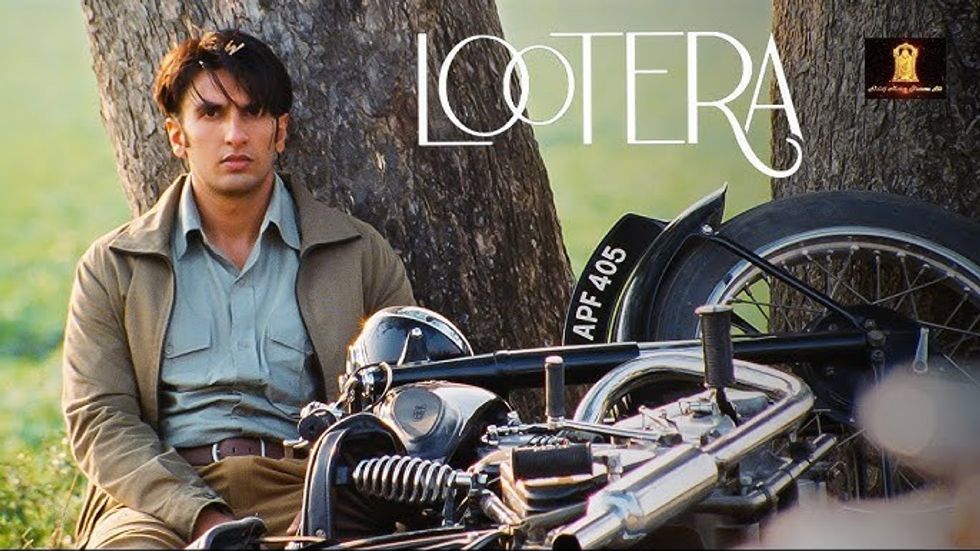First minister Humza Yousaf of Scotland has unveiled a plan for citizenship and passports in the event of an independent Scotland.
The proposal, titled "Citizenship in an independent Scotland," outlines the rights and entitlements of citizens, migrants, and British nationals following the country's potential departure from the union.
The prospectus is the fifth installment in the Building a New Scotland series, initiated by former first minister Nicola Sturgeon last year.
However, the plans have faced criticism from opposition MSPs, who deem them a misuse of taxpayers' money.
This announcement comes amid a dispute between Scottish and UK government ministers over spending on reserved matters, the BBC reported.
Speaking at a launch event in Edinburgh, attended by "New Scots," including Ukrainian and Syrian refugees, Yousaf emphasised the need for a "fairer and more welcoming approach" to citizenship compared to the current UK system.
The proposals, if implemented, aim to address the challenges posed by Scotland's ageing population.
The prospectus suggests that an independent Scotland could adopt a citizenship model similar to Ireland's.
Under this proposal, individuals born outside of Scotland after independence would automatically be eligible for Scottish citizenship if at least one of their parents is a Scottish citizen.
Additionally, the paper outlines provisions for British citizens to claim dual nationality upon independence and introduces measures to simplify the process for overseas applicants seeking Scottish citizenship.
The prospectus emphasises Scotland's desire to remain part of the Common Travel Area, allowing seamless travel and work opportunities for British and Irish citizens in Scotland and Scottish citizens in the UK and Ireland.
The Scottish government believes this arrangement would eliminate the need for new passport or immigration checks at any of Scotland's borders with the UK.
As part of the proposals, Scottish citizens would have the right to obtain a Scottish passport, and the application process should allow them to receive it by the first day of independence.
However, possessing a Scottish passport would not be a requirement for Scottish citizenship, and valid UK passports would continue to be recognised in Scotland until their expiration date.
The proposed Scottish passports would be burgundy red in colour, adhering to EU standards for international travel documents.
They would be issued with validity periods of five years for children and ten years for adults.
Moreover, the Scottish government reaffirms its ambition to rejoin the EU and outlines its plans to safeguard the rights of EU citizens in line with the protections offered by the EU-UK Withdrawal Agreement.
The document assures that EU citizens' rights would be maintained until they can exercise their reciprocal EU treaty rights to free movement in Scotland once again.
The prospectus highlights that being a Scottish citizen would be a significant and positive outcome of independence.
It emphasises that Scottish citizens would enjoy new rights, including the ability to hold a Scottish passport, continued rights within the Common Travel Area, and, after Scotland's accession to the EU, resumed rights as EU citizens.
Previous papers in the Building a New Scotland series have discussed plans for a formal constitution and argued that comparable independent countries to Scotland are wealthier and fairer than the UK.
Other papers have presented economic proposals and asserted that independence would lead to a renewal of democracy.
The prospectus launch has been met with with mixed reactions from opposition MSPs.
Some label the plan a misuse of public money, while others urge the government to prioritise pressing issues such as the NHS, education, and the cost of living crisis.
Amid the release of the prospectus, a dispute has emerged over Scottish government ministers using civil service staff to develop policy in reserved areas such as independence, with discussions about possible sanctions for Scottish ministers.
Yousaf argues that Scotland deserves equal treatment as an independent nation, and the SNP is committed to delivering an informed choice on the country's constitutional future.
He firmly believes that no unelected Lord or UK minister should dictate how Scotland's democratic institution operates.






 Aaradhya Bachchan has no access to social media or a personal phoneGetty Images
Aaradhya Bachchan has no access to social media or a personal phoneGetty Images  Abhishek Bachchan calls Aishwarya a devoted mother and partnerGetty Images
Abhishek Bachchan calls Aishwarya a devoted mother and partnerGetty Images Aaradhya is now taller than Aishwarya says Abhishek in candid interviewGetty Images
Aaradhya is now taller than Aishwarya says Abhishek in candid interviewGetty Images Aishwarya Rai often seen with daughter Aaradhya at public eventsGetty Images
Aishwarya Rai often seen with daughter Aaradhya at public eventsGetty Images









 Lootera released in 2013 and marked a stylistic shift for Ranveer Singh Prime Video
Lootera released in 2013 and marked a stylistic shift for Ranveer Singh Prime Video  Ranveer Singh’s role as Varun showed he could command the screen without saying much
Ranveer Singh’s role as Varun showed he could command the screen without saying much The period romance Lootera became a turning point in Ranveer Singh’s career
The period romance Lootera became a turning point in Ranveer Singh’s career Ranveer Singh’s performance in Lootera was praised for its emotional restraint
Ranveer Singh’s performance in Lootera was praised for its emotional restraint Ranveer Singh and Sonakshi Sinha starred in the romantic drama set in 1950s BengalYoutube/Altt Balaji Motion Pictures
Ranveer Singh and Sonakshi Sinha starred in the romantic drama set in 1950s BengalYoutube/Altt Balaji Motion Pictures  Lootera’s legacy has grown over the years despite its modest box office runYoutube/Altt Balaji Motion Pictures
Lootera’s legacy has grown over the years despite its modest box office runYoutube/Altt Balaji Motion Pictures
